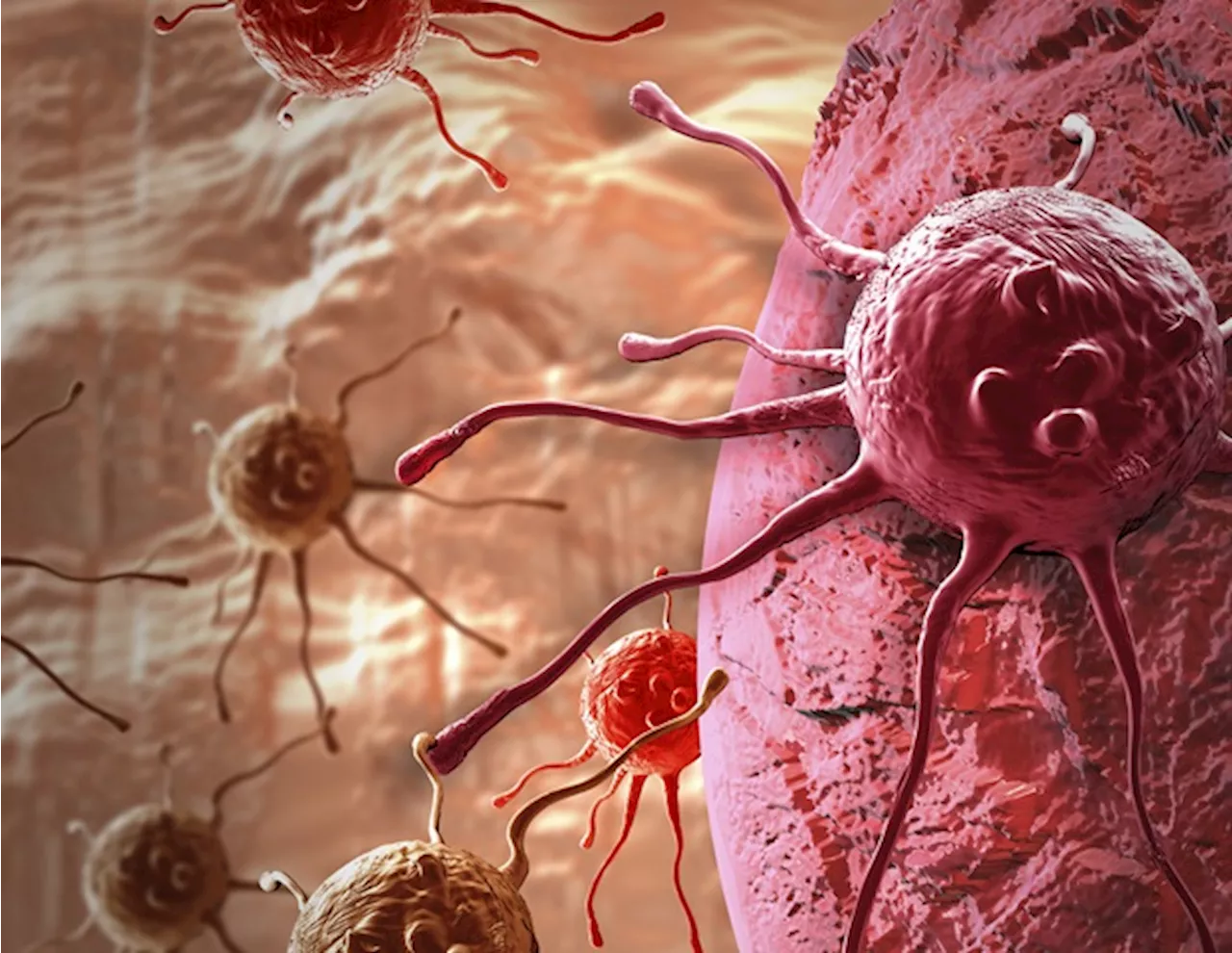All cancer mutations that cause drug resistance fall into one of four categories. New research has detailed each type, helping to uncover targets for drug development and identify potential effective second-line therapies.
Wellcome Trust Sanger InstituteOct 18 2024
By understanding the mechanisms of how cancers become resistant to treatment, researchers can identify new targets for personalized therapies, help treat patients based on their cancer's genetic makeup, give second-line treatment options to those who currently have none, and help further research to develop next-generation cancer drugs that could avoid drug resistance emerging.
To gather large-scale information on cancer mutations, the team from the Wellcome Sanger Institute, EMBL-EBI, Open Targets, and collaborators, used cutting-edge CRISPR gene editing and single-cell genomic techniques to investigate the impact of multiple drugs across human cancer cell lines and organoid cell models. By combining these techniques, researchers were able to create a map showing drug resistance across different cancers focusing on colon, lung, and Ewing sarcoma.
Driver mutations are gain-of-function genetic changes that allow cancer cells to use a different signalling pathway to grow, avoiding the pathway that the drug may have blocked.
Addiction Bioinformatics Cancer Treatment Cell Colon CRISPR DNA Drugs Ewing Sarcoma Gene Genetic Genetics Genomic Genomics Research Sarcoma
United Kingdom Latest News, United Kingdom Headlines
Similar News:You can also read news stories similar to this one that we have collected from other news sources.
 Northampton Market returns home after £10m faceliftThe historic market has new stalls from Italy, new paving, new lighting and new trees.
Northampton Market returns home after £10m faceliftThe historic market has new stalls from Italy, new paving, new lighting and new trees.
Read more »
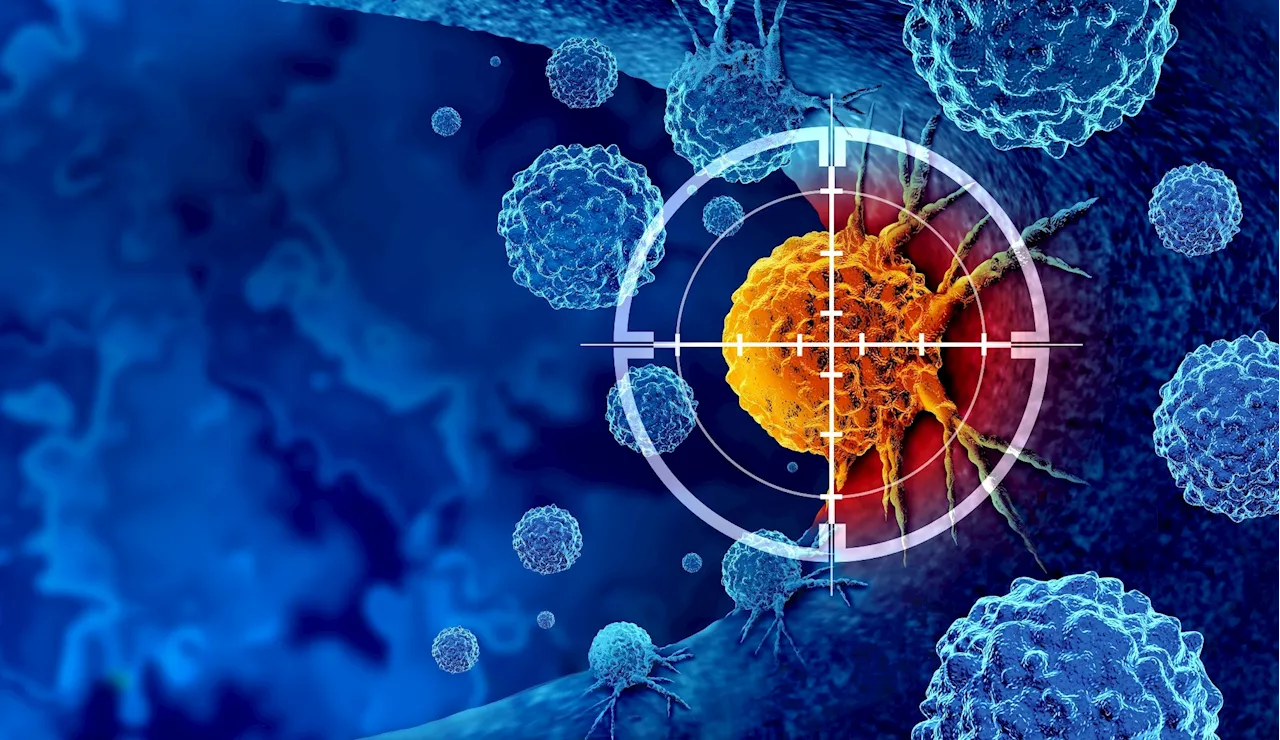 Scientists investigate the rise in early-onset cancers and propose new strategies to combat growing epidemicResearchers explore the global rise in early-onset cancers, linking environmental exposures and lifestyle changes to the surge, and advocate for tailored prevention and treatment strategies.
Scientists investigate the rise in early-onset cancers and propose new strategies to combat growing epidemicResearchers explore the global rise in early-onset cancers, linking environmental exposures and lifestyle changes to the surge, and advocate for tailored prevention and treatment strategies.
Read more »
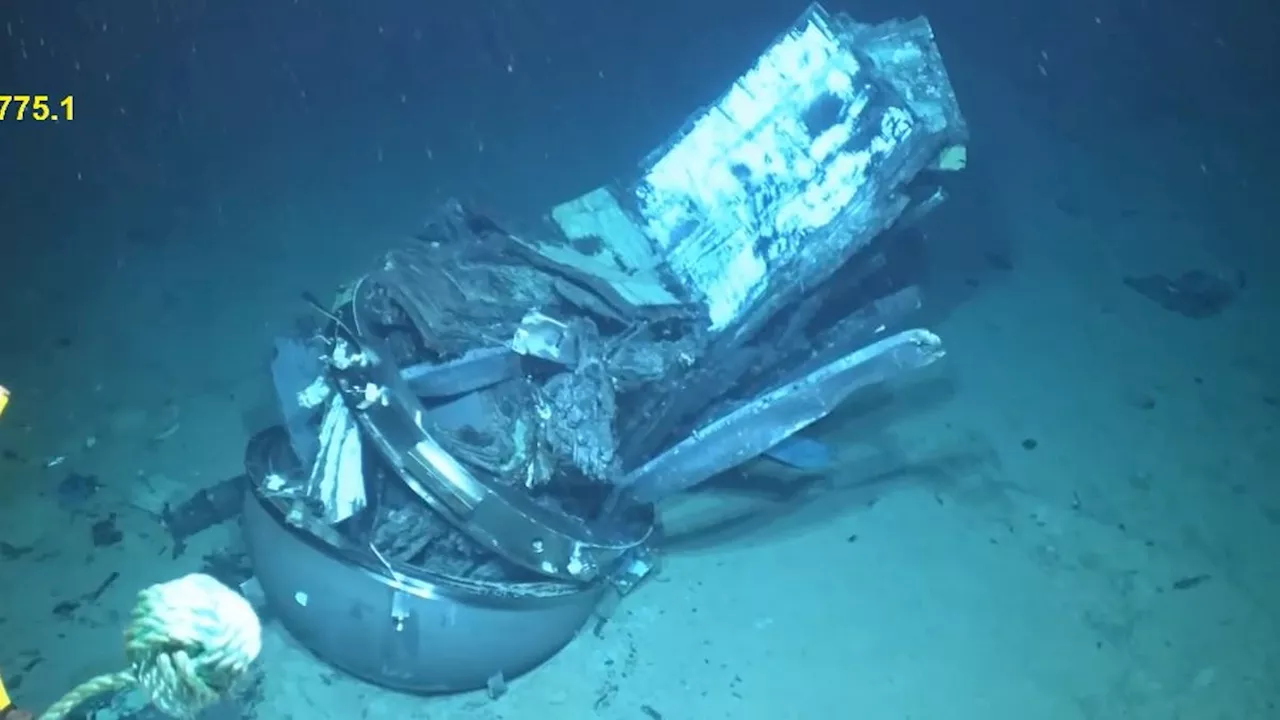 Scientists investigating Titan sub reveal explosive new detailsScientists are investigating what led to the catastrophic implosion of OceanGate's Titan that killed all five crew members, and they uncovered shocking details on Thursday.
Scientists investigating Titan sub reveal explosive new detailsScientists are investigating what led to the catastrophic implosion of OceanGate's Titan that killed all five crew members, and they uncovered shocking details on Thursday.
Read more »
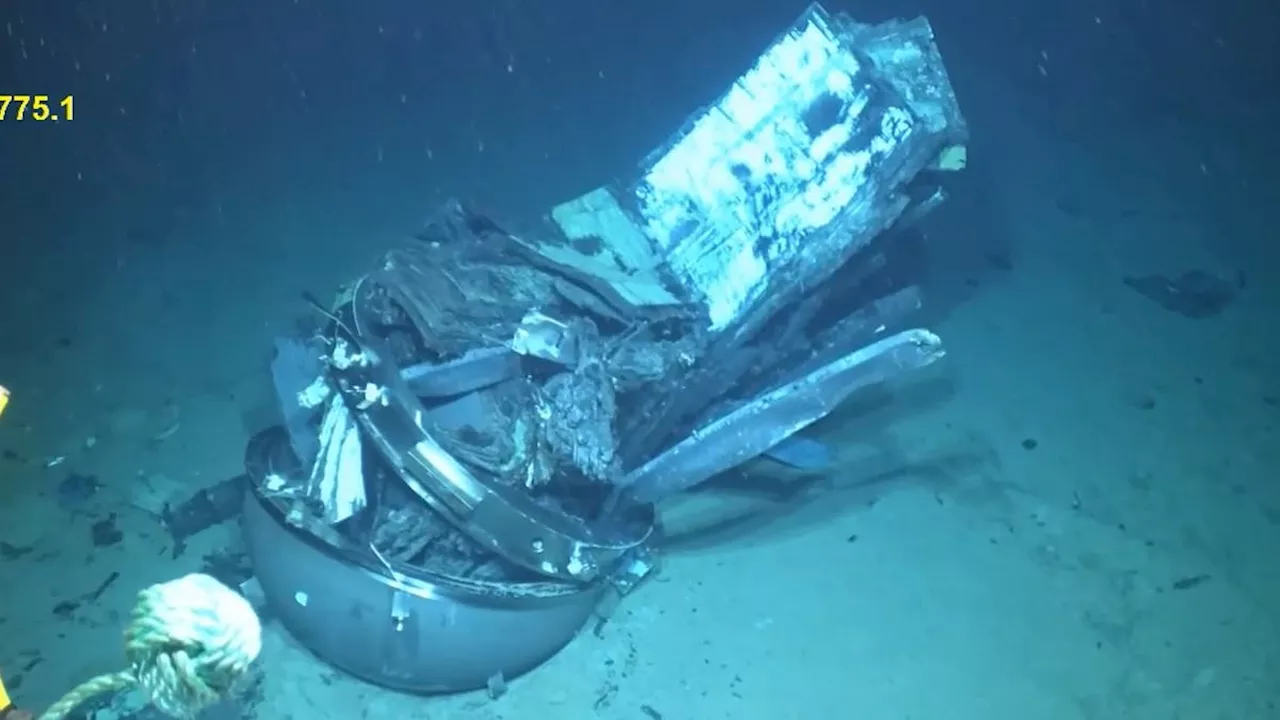 Scientists investigating Titan sub reveal explosive new detailsScientists are investigating what led to the catastrophic implosion of OceanGate's Titan that killed all five crew members, and they uncovered shocking details on Thursday.
Scientists investigating Titan sub reveal explosive new detailsScientists are investigating what led to the catastrophic implosion of OceanGate's Titan that killed all five crew members, and they uncovered shocking details on Thursday.
Read more »
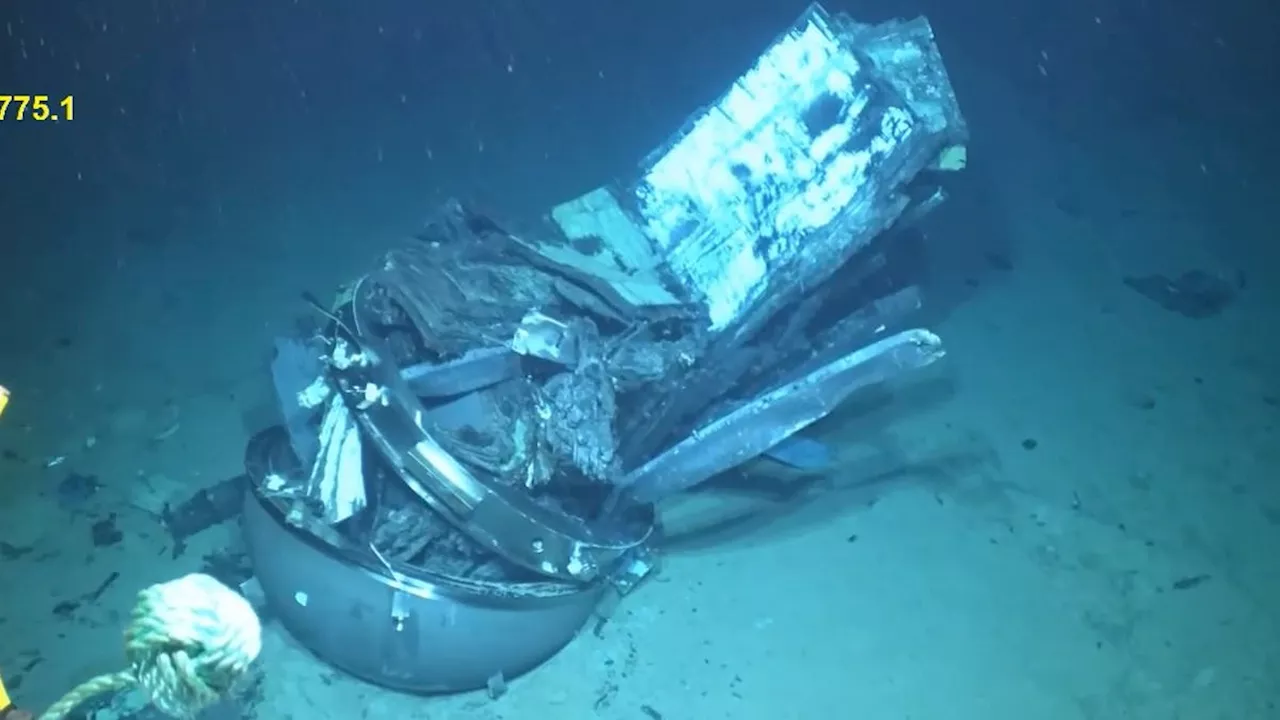 Scientists investigating Titan sub reveal explosive new detailsScientists are investigating what led to the catastrophic implosion of OceanGate's Titan that killed all five crew members, and they uncovered shocking details on Thursday.
Scientists investigating Titan sub reveal explosive new detailsScientists are investigating what led to the catastrophic implosion of OceanGate's Titan that killed all five crew members, and they uncovered shocking details on Thursday.
Read more »
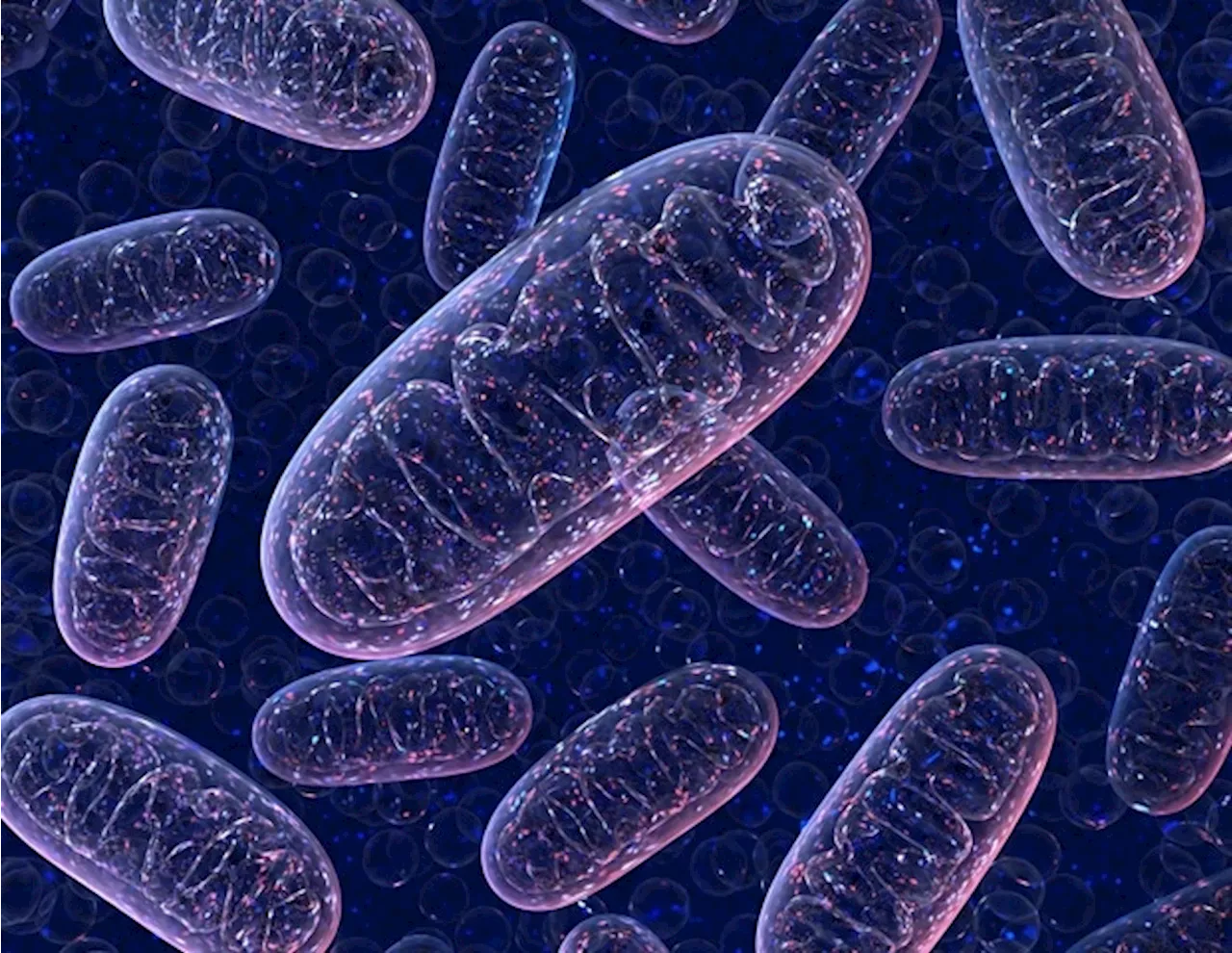 Scientists develop new method for relocating misplaced proteinsCells are highly controlled spaces that rely on every protein being in the right place. Many diseases, including cancers and neurodegenerative disorders, are associated with misplaced proteins.
Scientists develop new method for relocating misplaced proteinsCells are highly controlled spaces that rely on every protein being in the right place. Many diseases, including cancers and neurodegenerative disorders, are associated with misplaced proteins.
Read more »
